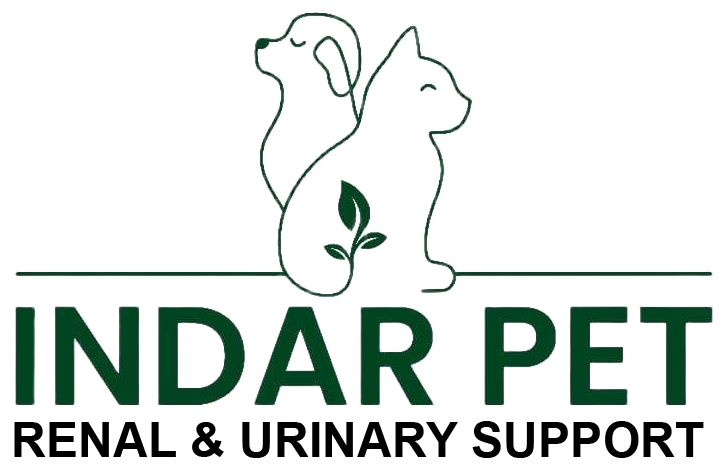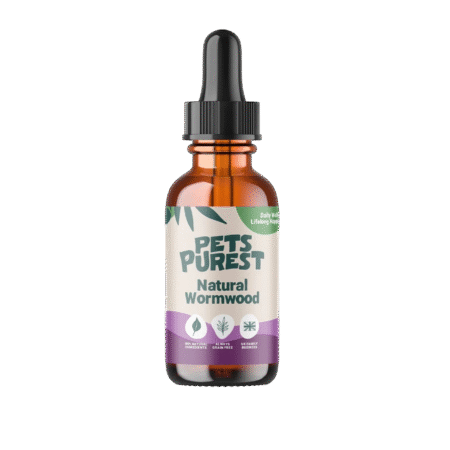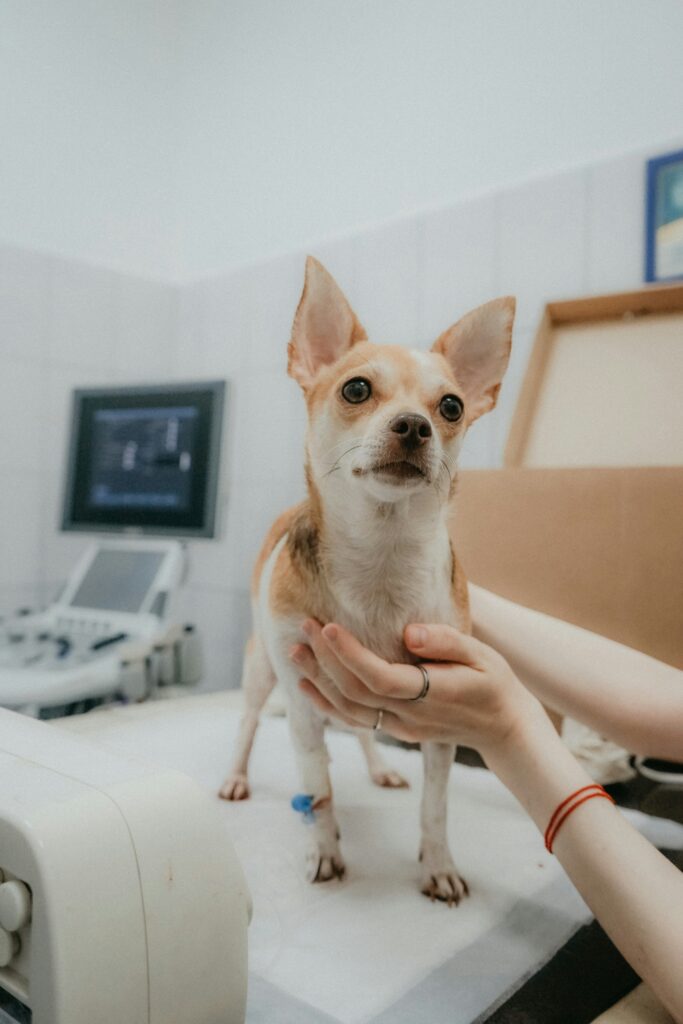Indar Pet
Foods Your Dogs and Cats Should Avoid to Protect Kidney and Urinary Health
The kidney and urinary health of our pets is vital for their long-term wellbeing. The kidneys filter toxins from the blood, regulate water and electrolytes, and help maintain stable blood pressure. When these organs are compromised, even small dietary mistakes can have serious consequences. That’s why it’s essential to know which foods to avoid and which to include in their daily diet.
Foods That Can Harm the Kidneys and Urinary System
Many foods that seem harmless to humans can be dangerous for dogs and cats. Common examples include:
-
Chocolate and caffeine: Contain theobromine and caffeine, which affect the kidneys and heart, and can cause vomiting, diarrhoea, and in severe cases, kidney failure.
-
Onions, garlic and leeks: Can cause haemolytic anaemia and damage blood cells, indirectly affecting kidney function.
-
Grapes and raisins: Even small amounts can trigger acute kidney failure, particularly in dogs.
-
Salty or processed foods: Excess salt increases blood pressure and puts extra strain on the kidneys, worsening pre-existing renal issues.
-
Dairy in excess: Some dogs and cats are lactose intolerant, leading to diarrhoea and dehydration, which can impact kidney health.
-
Cooked bones: Can splinter and cause obstructions or injuries, complicating digestion and overall health.
-
Foods with xylitol: This artificial sweetener is highly toxic to dogs, causing hypoglycaemia and kidney damage.
Expert tip: Always consult your veterinarian before introducing any new foods, and schedule regular kidney function checks, especially for older pets or those predisposed to urinary issues.
Recommended and Natural Foods for Kidney and Urinary Health
Including healthy, balanced foods can support kidney function and urinary wellbeing:
-
High-quality, low-phosphorus proteins: Chicken, turkey or fish maintain muscle mass without overloading the kidneys.
-
Safe vegetables and fruits: Pumpkin, carrots, blueberries and green beans provide fibre, antioxidants and support digestive health.
-
Natural supplements: Omega-3, certain probiotics and specific herbs can support kidney function and reduce inflammation.
-
Plenty of fresh water: Hydration is essential to prevent urinary infections and help flush toxins.
Tip: Introduce new foods gradually and monitor your pet for changes in appetite, energy or behaviour.
Conclusion
Monitoring your dogs’ and cats’ diets is key to protecting kidney and urinary health. Avoiding toxic foods and prioritising natural, nutritious ingredients not only maintains wellbeing but can prevent serious complications. Always consult your veterinarian and arrange regular check-ups to ensure your pet receives the proper nutrition.
Has your vet recommended any particular foods or supplements for your pet’s kidney or urinary health? Share your experiences and tips below!

 100% NATURAL Wormwood 50g for Cats & Dogs — Digestive Support
100% NATURAL Wormwood 50g for Cats & Dogs — Digestive Support 